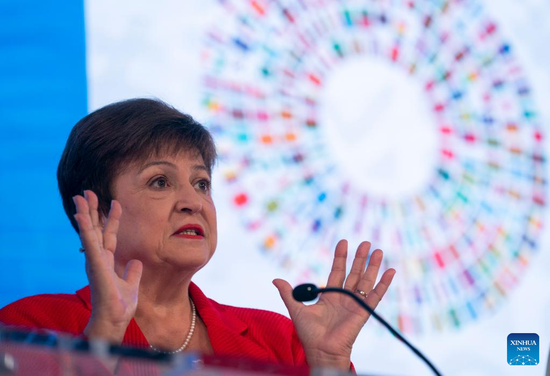
IMF Managing Director Kristalina Georgieva speaks at a press conference in Washington, D.C., the United States, on Oct. 13, 2022. Emerging markets and developing countries are being hit by a stronger dollar, high borrowing costs, and capital outflows -- a triple blow particularly heavy for countries that are under a high level of debt, the chief of the International Monetary Fund (IMF) said Thursday. (Photo: Xinhua/Liu Jie)
Emerging markets and developing countries are being hit by a stronger dollar, high borrowing costs, and capital outflows -- a triple blow particularly heavy for countries that are under a high level of debt, the chief of the International Monetary Fund (IMF) said Thursday.
"In this environment, we also must support vulnerable emerging markets and developing countries," IMF Managing Director Kristalina Georgieva said at a press conference during the IMF and World Bank annual meetings.
More than a quarter of emerging economies have either defaulted or had bonds trading at distressed levels, and over 60 percent of low-income countries are in, or at high risk of, debt distress, according to the IMF.
Georgieva said repeated shocks and growth setbacks raise a bigger question: "Are we experiencing a fundamental economic shift in the world economy, from a world of relative predictability and stability, to greater uncertainty and volatility?"
For policymakers, Georgieva said, it is a much more complex time, which requires steady hands at the policy levers. "The price of policy missteps, the price of poor communication of policy intentions, is very high."
The IMF chief urged policymakers to bring inflation down, to put in place responsible fiscal policy, and to safeguard financial stability.
"If we are to help people and fight inflation, we must ensure that fiscal and monetary policies go hand in hand. When monetary policy hits the brakes, fiscal policy should not step on the accelerator -- that would make for a very dangerous ride," she said.
Since the pandemic began, the IMF has provided 260 billion U.S. dollars in financial support to 93 countries. Since the Russia-Ukraine war, it has supported 18 new and augmented programs with close to 90 billion dollars.
"And we now have 28 additional countries expressing interest in receiving support from the Fund," Georgieva said.
The IMF chief also called for stronger efforts to confront food insecurity, noting that 345 million people are acutely food insecure. Some 48 countries are severely impacted by food insecurity, a large number of which are in sub-Saharan Africa.
The IMF recently announced a new food shock window, a mechanism that provides emergency loans to help vulnerable countries cope with food shortages and rising costs due to the Russia-Ukraine war.













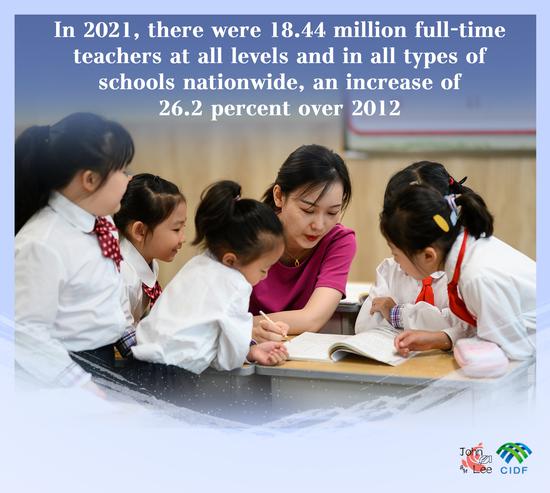











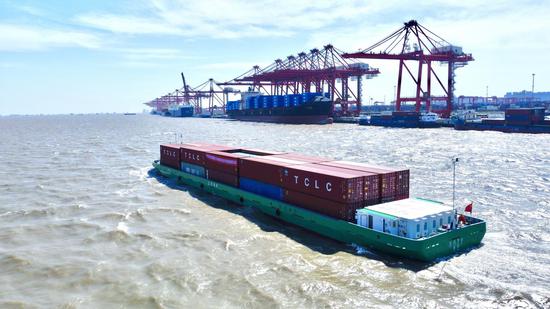



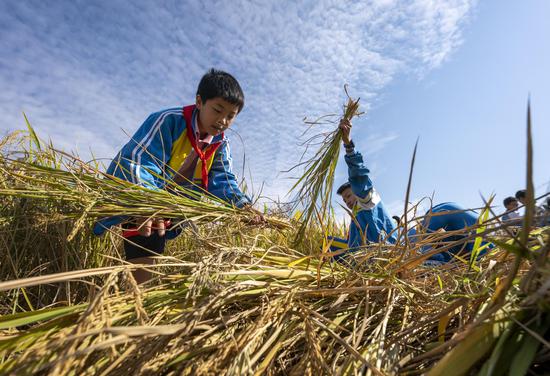













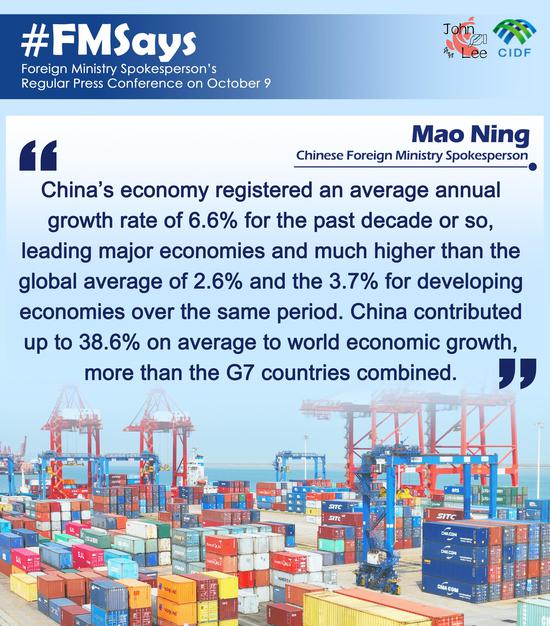






 京公网安备 11010202009201号
京公网安备 11010202009201号